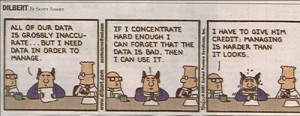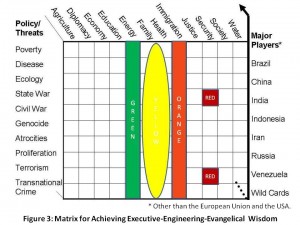AP IMPACT: Troops already outnumber Taliban 12-1
BRUSSELS – There are already more than 100,000 international troops in Afghanistan working with 200,000 Afghan security forces and police. It adds up to a 12-1 numerical advantage over Taliban rebels, but it hasn't led to anything close to victory.
London — THE highly decorated general sat opposite his commander in chief and explained the problems his army faced fighting in the hills around Kabul: “There is no piece of land in Afghanistan that has not been occupied by one of our soldiers at some time or another,” he said. “Nevertheless much of the territory stays in the hands of the terrorists. We control the provincial centers, but we cannot maintain political control over the territory we seize.
Continue reading “Journal: US Naivete In Afghanistan, Neglecting Iraq”







